Insights | Different universities, different paths

Josh Beard
Last year, we shared some key differences in the university application process between the UK and the US. This year, we want to share a more global overview of the application process to help foster better understanding about how much variation there is not just between destinations but even within destinations and how having a trusted partner can help ensure the best outcome to the process.

For almost every applicant, this will be the most important part of the application. This is because universities want to know first and foremost that a pupil can succeed academically at their institution. This is demonstrated primarily in two ways: predicted results and earned grades.
Predicted results are the faculty's professional estimation of what a pupil is likely to earn on their IB exams, and these are solicited in the months leading up to a pupil's first application.
Predicted results are used to apply to UK schools but can also be used when applying to schools in Australia (where pupils tend to apply after graduation and send their actual IB results instead of predictions) and elsewhere.
Earned grades, on the other hand, are those that have appeared on previous school reports throughout their secondary school years and are shared with universities via a transcript. Pupils applying to US schools will definitely need such a transcript, but it may also be necessary for those applying to Hong Kong, Canada and some European destinations.
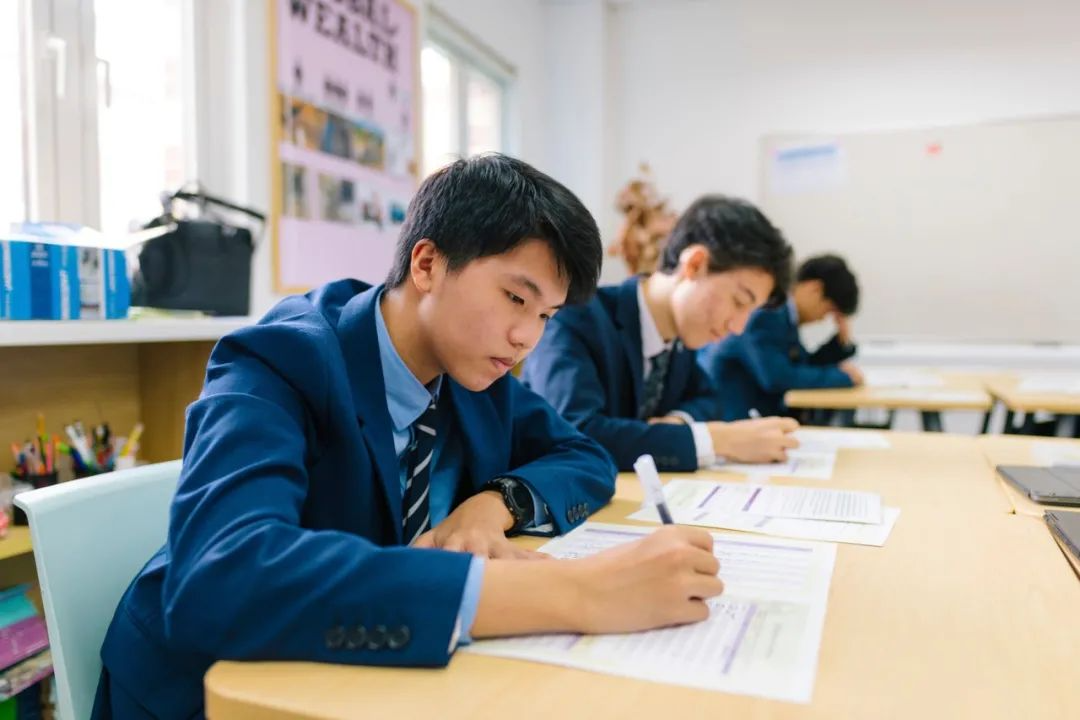
Alongside a pupil's grades are any required or optional tests scores, which help to further establish a pupil's academic and intellectual abilities either generally or in relation to a specific subject. The 'general aptitude' variety is most famously embodied by the SAT and ACT, both of which are widely used in the US admission process but may also be submitted to universities elsewhere, such as Hong Kong, Canada, South Korea and Singapore.
Subject-specific exams are common for pupils applying to top UK universities like Oxford and Cambridge as well as pupils applying for highly prescribed courses like medicine and law. Studying for these exams typically takes several months and is best done in a way that minimises the disruption to a pupil's learning and other activities.
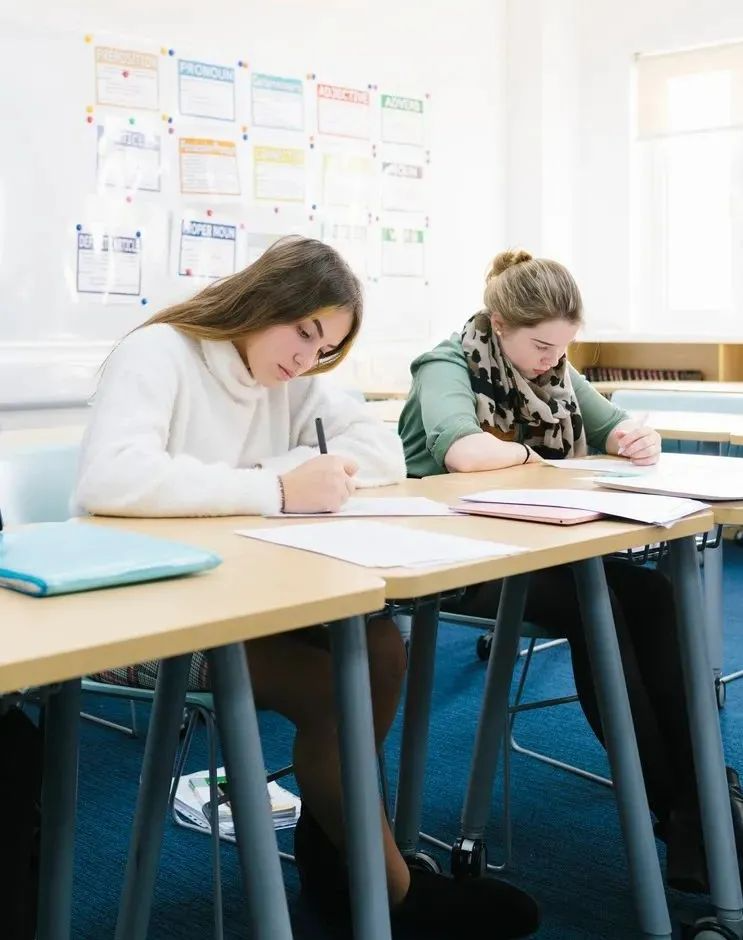
When it comes to writing, there is a wide range of requirements. Australia as well as some destinations in Europe have no writing requirements. Other destinations, however, want what is typically referred to as a personal statement. This is a description of why the pupil is the best candidate for a particular course of study. These can range from 500 to 1000 words and are required for applications to schools in the UK and Greater China.
In the US, it is most common for pupils to write a personal essay, which is less about their preparation for a specific subject and more about their unique background and character and how they might contribute to the university community. Many competitive universities in Europe, Canada and the US also asks pupils to submit a piece of supplemental writing of 300 – 500 words. This is often more specific than the prompts used for writing personal statements or essays.
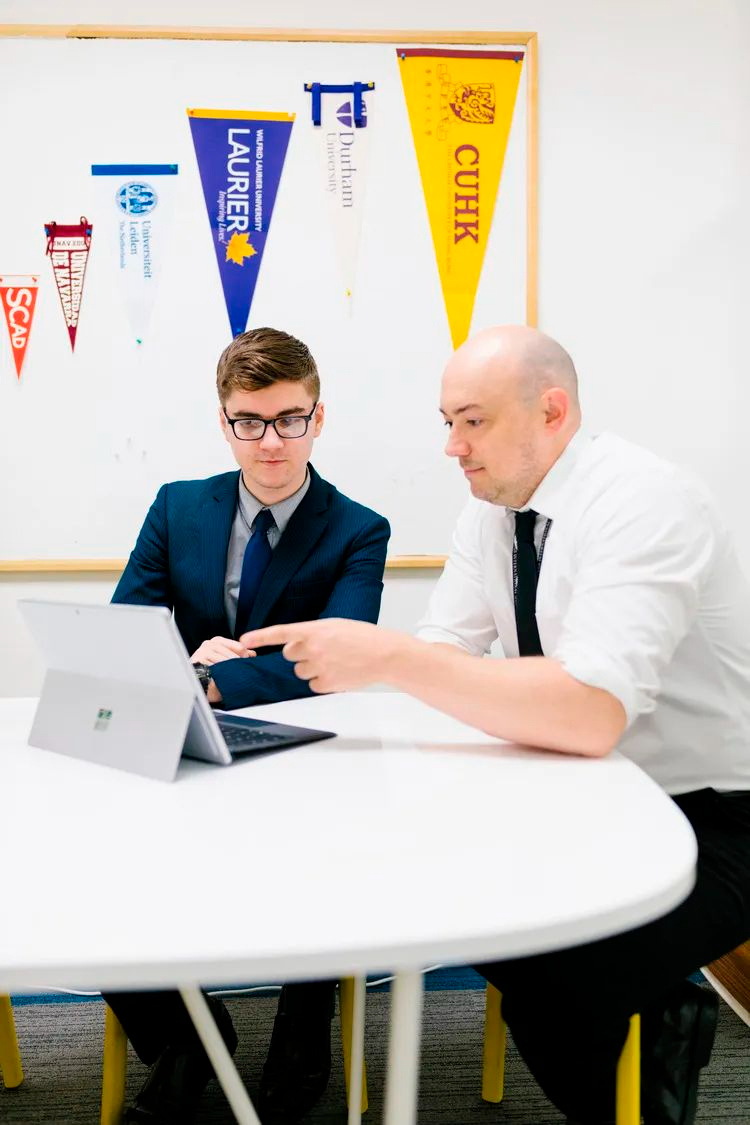
There are typically two types of references that pupils are asked to submit. One is the subject-specific academic reference. This is the faculty equivalent of the personal statement described above. This is a summation of the pupil's preparation for a particular course of study. It is required for applications to UK schools but universities in Hong Kong and European may also ask for it.
The other type of reference is the letter of recommendation. This focuses less on what the pupil might study and more on their character, habits of mind etc. Universities in the U. typically ask pupils to submit one or two such letters from their teachers as well as one from their university guidance counsellor or head of sixth form.
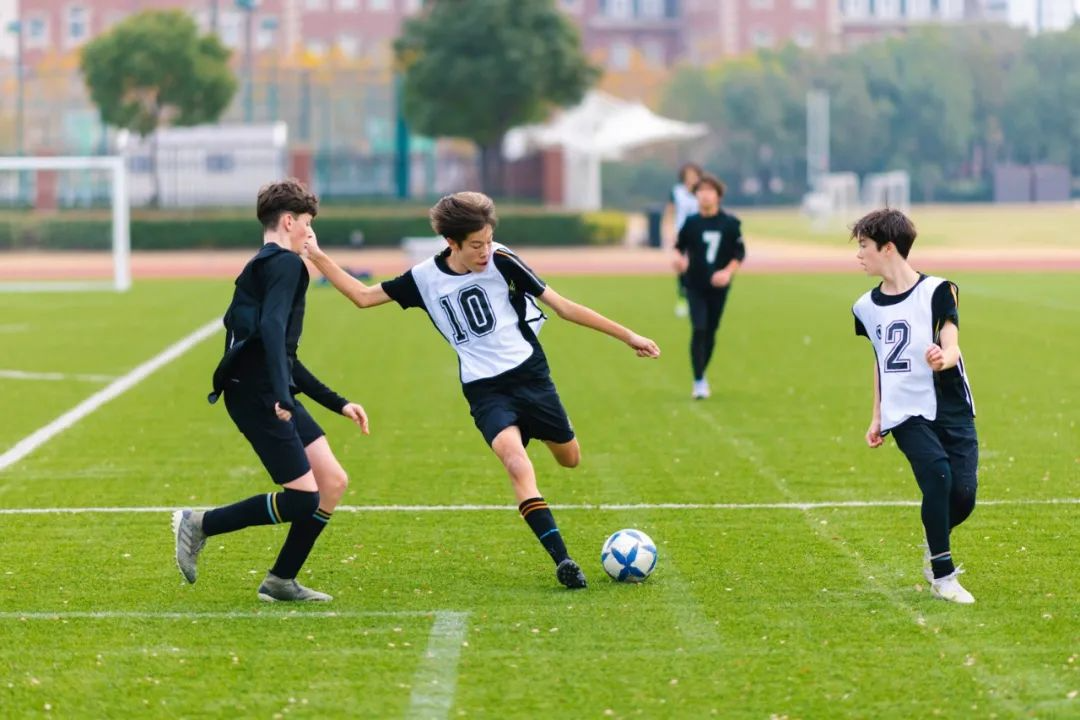
This refers to all the activities pupils do outside of the classroom, such as sports, the arts and community service. Many destinations will ask pupils to share a list of these activities, trying to learn what kind of qualities and skills pupils have developed in those activities as well as what they might contribute to their university community. This is especially true in the US but is also true of some universities in Hong Kong and Singapore. For destinations like the UK, these activities will only appear as one part of the applicant's personal statement, where they helped to demonstrate their preparation for studying their chosen course.
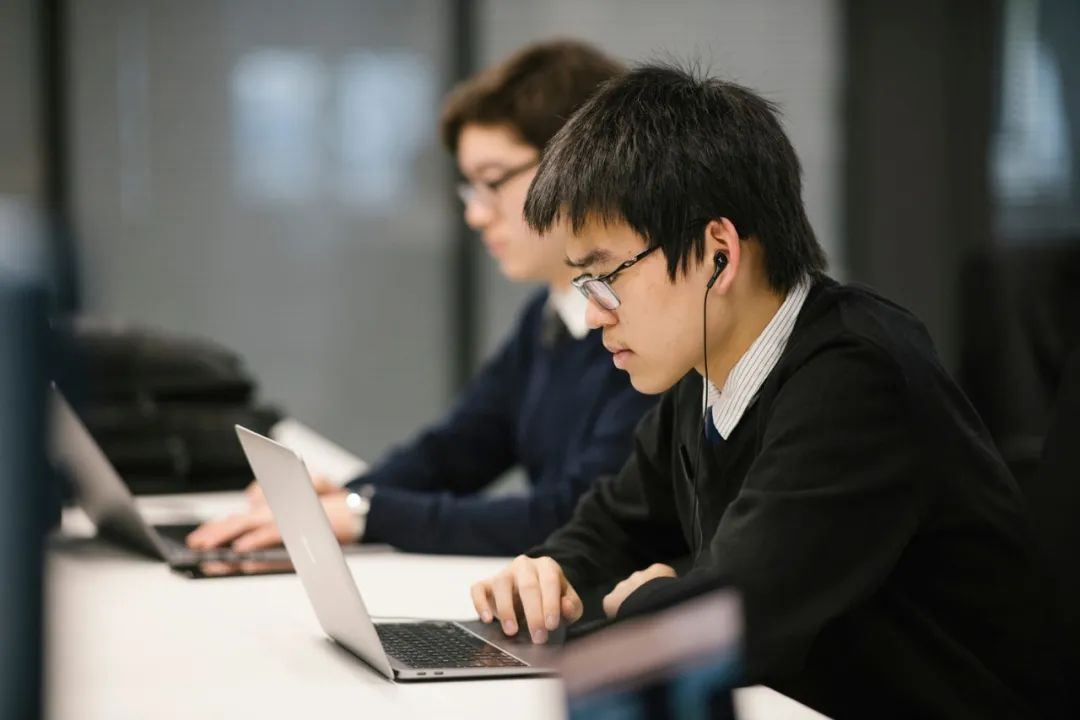
There are several types of interviews that pupils may take part in when making an application, ranging in importance from crucial to helpful-but-not-necessary. For pupils applying to Oxford or Cambridge, for example, a pupil's performance in an interview with a member of their future department represents a make-or-break moment in the application process, and this is true for highly subscribed courses like medicine as well.
In the US application process, interviews tend to be optional (though strongly recommended) and are typically done by alumni of the university. Their feedback about the interview will be only a small part of the final admissions decision. Pupils applying to European universities are regularly asked to do an interview, but the kind of interview – conducted by faculty members or by admissions officers – varies by institution. One newer option is the third-party interview, in which a pupil films an interview and shares the recording electronically with any university that accepts it.
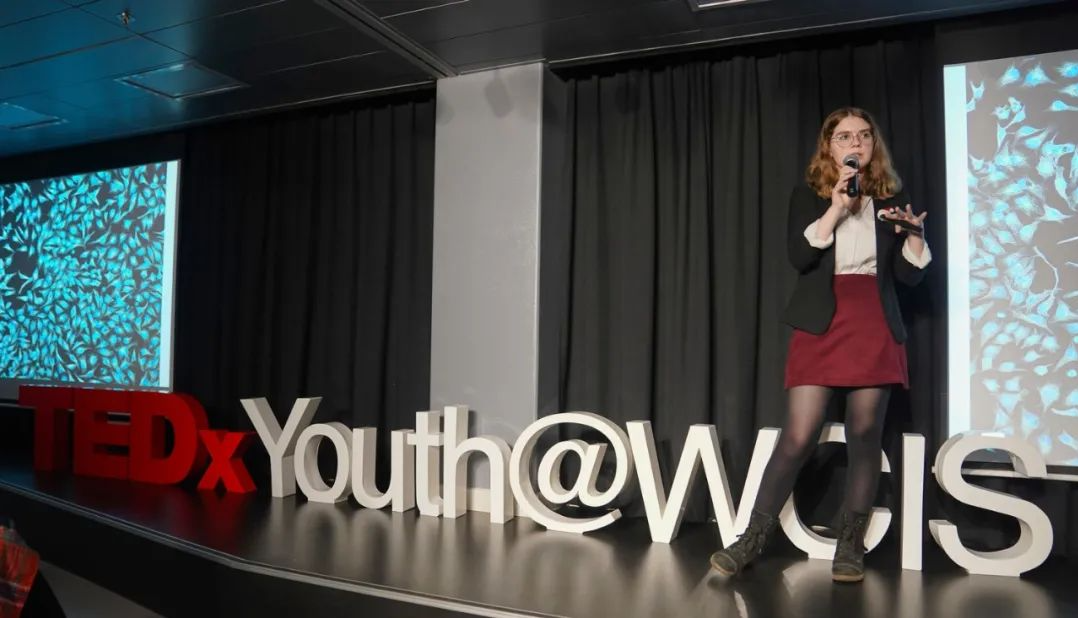
Beyond the requirements described above, some pupils will be required — or allowed — to submit additional materials showing significant talents or efforts that they have made during secondary school. For arts applicants, a portfolio showing their best work is typically required and may be paired with an audition as well. In the US and some schools in other destinations, pupils pursuing non-arts majors or courses are also encouraged to submit such a portfolio if they intend to contribute their talents to their future university community outside of the classroom.
Some universities also allow pupils to submit a summary or extract from a significant research project they have done, which may be completed independently or under the supervision of a Wellington or university supervisor. This would be beyond the research that pupils must already do for any subject IAs or their Extended Essay.
***
As you can see from the number of requirements listed above as well as the variation within each, preparation for the university application process is not to be taken lightly. Careful research, thoughtful planning, attention to detail and hard work supported by a trusted guide each step of the way not only ensures all those things get done but eases the pressure at a pivotal time in a pupil's academic life.

A Wellington Welcome
Wellington is taking rolling applications for the 2021-22 academic year and inviting future Wellingtonians to join us for tailored campus tours for 2022 entry.
Children and young adults applying for our Senior School (years 9 through 13) and Academic Scholarship programmes are encouraged to visit and experience Wellington first-hand.
For those interested, please complete a registration form by scanning below QR code.

Related Articles













